Breaking Free from OCD: Exploring Cognitive Behavioral Therapy for OCD Near Me
Introduction:
Obsessive-Compulsive Disorder (OCD) can be a challenging condition to navigate, impacting individuals' daily lives and causing distressing thoughts and repetitive behaviors. One highly effective treatment approach for OCD is Cognitive Behavioral Therapy (CBT). By understanding how CBT can help address OCD symptoms, finding CBT therapists near you, and exploring what to expect during CBT sessions, you can take a significant step towards reclaiming control over your life. In this blog post, we delve into the world of Cognitive Behavioral Therapy for OCD and its potential to bring about positive, lasting change.
Understanding Cognitive Behavioral Therapy for OCD:
Cognitive Behavioral Therapy (CBT) is a psychotherapeutic approach that aims to identify and modify unhealthy thoughts, behaviors, and beliefs. When it comes to OCD, CBT focuses on two key components:
Cognitive Restructuring: CBT helps individuals recognize and challenge their unhealthy thought patterns associated with OCD. Therapists work with patients to identify obsessive thinking, such as excessive worries or irrational fears, ultimately reshaping these thoughts into healthier, more balanced perspectives.
Exposure and Response Prevention (ERP): ERP is a fundamental technique within CBT for OCD treatment. It involves exposing individuals to their obsessions and gradually preventing them from engaging in their compulsive behaviors. Through this process, patients learn to tolerate the anxiety triggered by their obsessions and refrain from performing the associated rituals, thus breaking the OCD cycle.
Finding Cognitive Behavioral Therapy for OCD Near Me:
Consult Mental Health Professionals: Reach out to mental health professionals, including therapists, psychologists, or psychiatrists, and inquire about their experience and expertise in providing CBT for OCD. They will guide you to trusted CBT practitioners in your area.
Research Online: Utilize online search engines and mental health directories to identify CBT therapists who specialize in OCD treatment. Look for therapists with experience in cognitive restructuring, exposure therapy, and a focus on OCD management.
Contact Mental Health Organizations: Local mental health organizations often maintain listings of therapists offering CBT for OCD. Contact them to inquire about trusted practitioners and receive recommendations based on your specific needs.
Seek Referrals: Reach out to friends, family, or support groups who have undergone CBT for OCD and ask for recommendations. Personal referrals can provide valuable insights into therapists who have successfully treated individuals with similar struggles.
What to Expect During CBT Sessions for OCD:
Initial Assessment: During the initial sessions, the therapist will conduct a comprehensive assessment to understand the nature and severity of your OCD symptoms. This evaluation serves as a foundation for creating a personalized treatment plan.
Setting Treatment Goals: Together with your therapist, you will establish specific treatment goals tailored to your OCD symptoms and personal objectives. These goals guide the therapy process and serve as markers for progress and success.
Cognitive Restructuring: The therapist will help you identify and challenge negative or irrational thoughts associated with your OCD. Through various techniques, such as questioning the evidence for these thoughts, you will gradually develop healthier thinking patterns.
Exposure and Response Prevention (ERP): ERP is a key component of CBT for OCD. Your therapist will guide you through exposure exercises, where you confront situations or triggers associated with your OCD obsessions without engaging in the accompanying compulsions. This empowers you to face your fears and reduce the anxiety associated with them.
Homework and Practice: CBT often includes homework assignments aimed at practicing new coping skills and challenging OCD-related thoughts and behaviors between sessions. This regular practice enhances the effectiveness and long-term success of CBT.
Ongoing Support and Review: Your therapist will provide support, guidance, and feedback throughout the therapy process. Regular check-ins and reviews of treatment progress help ensure that the strategies and techniques learned in therapy are effectively applied in daily life.
Conclusion:
Cognitive Behavioral Therapy (CBT) offers individuals with OCD a structured and evidence-based approach to managing their symptoms and regaining control over their lives. By seeking out CBT therapists who specialize in OCD treatment near you and engaging in the therapy process, you can embark on a transformative journey towards breaking free from the grip of OCD. Remember, with expert guidance and your commitment, CBT can empower you with the tools and strategies needed to overcome OCD and lead a more fulfilling and balanced life.
Looking to start treatment for OCD? Schedule a free treatment consultation with one of our specialists today!
